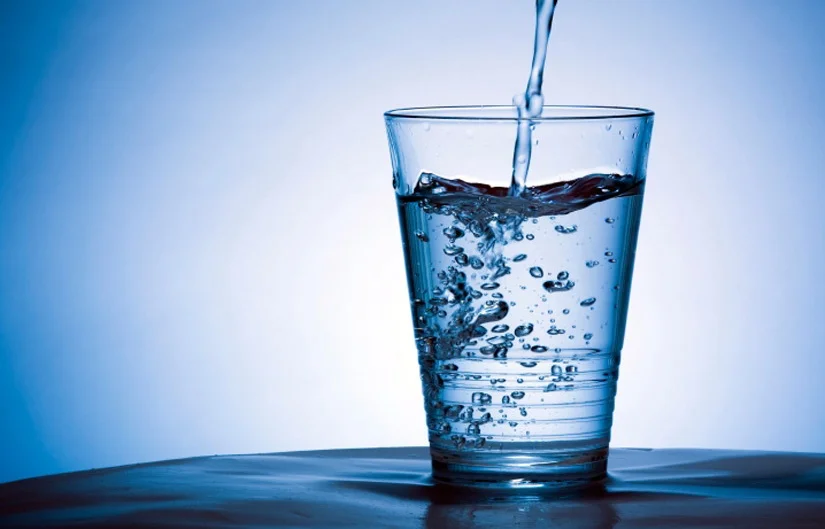Kidney diseases are "silent killers" that greatly affect the quality of life. We can reduce the risk of their development if we do all we can in preventing those diseases whose less known complication is the very deterioration of kidney functions. These are diseases that damage blood vessels (i.e., high blood pressure, elevated cholesterol levels, diabetes type II and obesity) and are usually associated with life style which, if changed and the diet made more healthy, could in all likelihood be prevented.
The most important things to do are summarized below in eight recommendations put together by nephrologists:
1. Stay fit and active!
Physical activity and fitness normalize our blood pressure thereby reducing the risk of chronic kidney failure. Increasingly more people follow the precept “Keep moving for your kidney’s sake” worldwide by walking, running and riding bicycles. Join them!
2. Keep your sugar level under control!
About half of the diabetes sufferers develop diabetic nephropathy making regular kidney function checkups indispensable in their case. Kidney damage resulting from diabetes can be controlled or completely avoided, if detected in time. Thus, it is important that the blood sugar level be checked regularly in cases of elevated blood sugar levels.
3. Check your blood pressure!
While it is generally known that high blood pressure causes stroke as well as heart attacks, not many are aware of the fact that it is also the most common cause of kidney disorders. We talk about blood pressure disorder when the blood pressure values are above 140/90 Hgmm. High blood pressure is much more likely to cause kidney damage in cases where other diseases, such as diabetes, elevated cholesterol levels and cardiovascular diseases are also present.
4. Keep a healthy diet and watch your weight!
The ideal weight will prevent illnesses that could lead to chronic kidney disorders. The healthy diet is built upon limiting surplus calories as well as sugar and fat intake and the consumption of fresh foods rich in fibers and vitamins. The kidneys would also benefit from reduced salt intake. The suggested intake of sodium is 5-6 grams (one teaspoon) per day.
5. Drink plenty of liquids, especially water!
Liquids are indispensable for a healthy kidney. Plentiful liquid consumption helps the kidneys clear the system of salt, uric acid and poisonous material thereby reducing the possibility of chronic kidney disorder. A healthy adult of average weight should drink two and one half liters of liquid per day while, under certain conditions, such as increased physical activity, hot weather, dry air or fever, more might be needed. In the case of kidney disorder, the treating doctor should be consulted regarding liquid intake since there are certain disorders that require plenty of liquid intake, while others require just the opposite - the temporary limiting of liquid intake.
6. Give up smoking!
Smoking reduces blood circulation and, if less blood gets into the kidneys, its function deteriorates. Smoking also increases the risk of kidney tumors by 50 percent.
7. Do not take non-prescription medications regularly!
There are widespread over-the-counter medications such as pain killers and anti-inflammatories that, when taken regularly cause kidney damage. Their occasional use is not damaging, especially, if the kidneys are healthy. However, their regular use over a long period of time (i.e., for alleviation of chronic pain, joint inflammation or low back pain) may cause trouble. In these cases, a doctor should be consulted for a medication that would alleviate the pain without causing damage to the kidneys.
8. Have your kidney functions checked regularly!
Even if we are healthy, it is advisable to have a general physical checkup together with a complete blood test and urinalysis at least once a year. In the event, however, that one or more risk factors are present such as diabetes, high blood pressure or obesity and if kidney disorder is found in the family’s medical history, then, regular kidney function checkups are of even greater importance.


